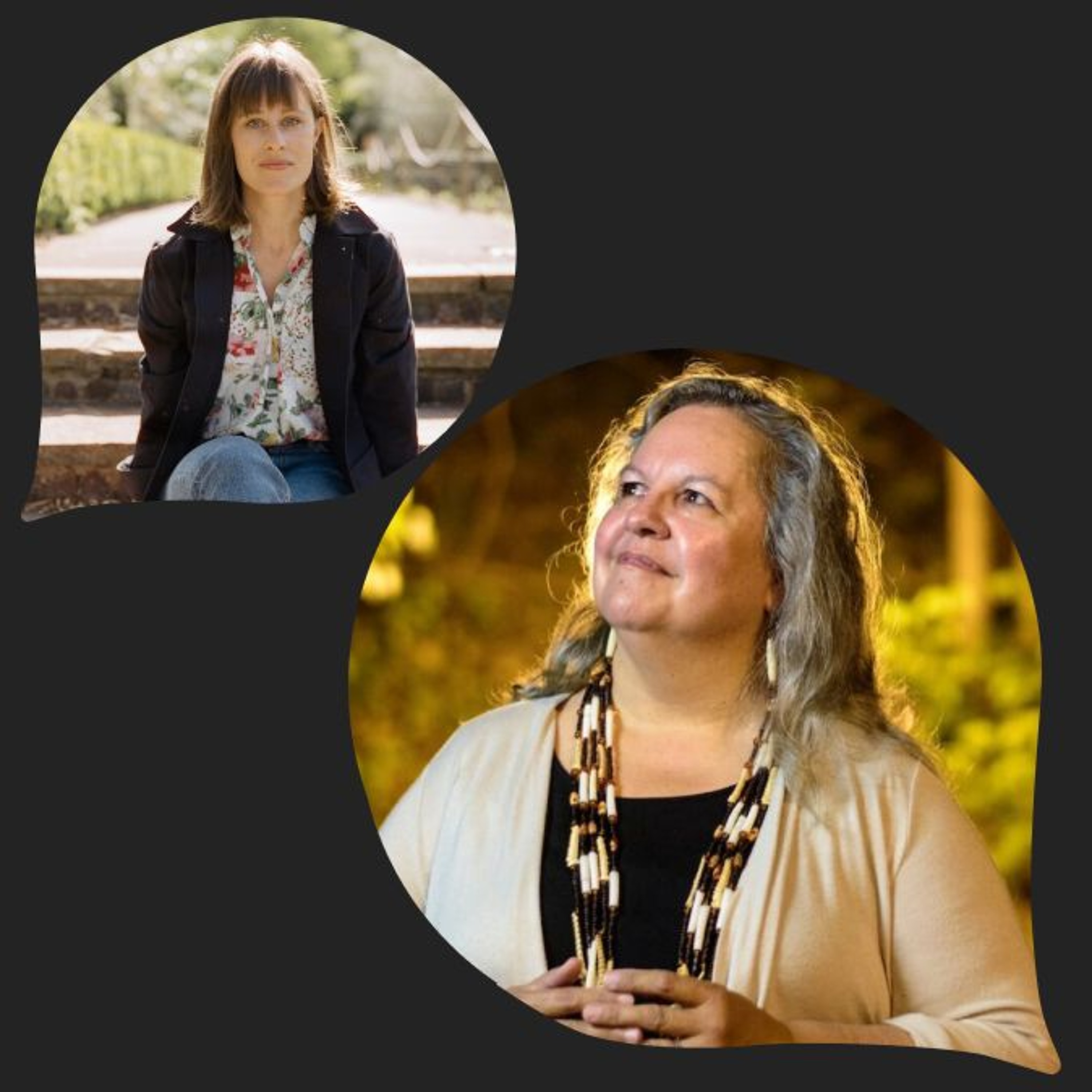
Deep Dive
Why does Robin Wall Kimmerer believe that plants should be referred to as 'persons' rather than 'objects'?
Robin believes that referring to plants as 'persons' helps to acknowledge their personhood and fosters a sense of relationship and curiosity. In contrast, treating them as objects can lead to objectification and dehumanization, which she sees as part of the problem in our relationship with the natural world.
What was the pivotal moment in Robin's career that made her realize the importance of integrating traditional and scientific knowledge?
Robin's pivotal moment was during her first day at university when her advisor dismissed her interest in understanding the beauty of asters and goldenrod together as not being scientific. This experience made her realize the need to integrate traditional ecological knowledge with scientific knowledge and to find a way to make both communities understand and value each other.
How has the reception of 'Braiding Sweetgrass' impacted Robin personally and professionally?
The reception of 'Braiding Sweetgrass' has been deeply gratifying for Robin. She has seen the book's sales grow exponentially, largely through word-of-mouth, and it has inspired many people to take action, create art, and form closer relationships with the natural world. One notable impact was a financier who, after reading the book, decided to buy an organic farm and change his career path.
Why does Robin emphasize the role of motherhood in her books and personal life?
Robin emphasizes motherhood as a way to topple the hierarchy of what is important in life, placing relationships and the gifts we share at the forefront. She sees mothering as a mirror to the care and nurturing needed to protect and restore the Earth. The love and reciprocity experienced in motherhood help her and her readers understand and practice care for the environment.
How does Robin Wall Kimmerer find strength and resilience in the face of environmental and cultural destruction?
Robin finds strength and resilience from the land and ancestral teachings. She believes that by reconnecting with the land and picking up the teachings and responsibilities left by her ancestors, she can contribute to a collective effort to restore the world. This sense of purpose, sanctioned by her culture, helps her stay committed and hopeful.
What is Robin's approach to teaching and decolonizing academia?
Robin's approach to teaching and decolonizing academia involves bringing multiple ways of knowing into the classroom, teaching on the land, and viewing the land and culture as teachers. She has seen a growing movement to decolonize academia, with more Indigenous students and the integration of traditional knowledge into federal land management decisions. This change is happening in pockets but is growing exponentially.
What does Robin Wall Kimmerer suggest as a way to reconnect with the natural world in a meaningful way?
Robin suggests that people can reconnect with the natural world by treating plants and other beings as persons, using pronouns like 'ki' to acknowledge their animacy. Additionally, she recommends listening to the land, engaging in acts of reciprocity, and feeling a sense of belonging through acknowledging the gifts the land provides and giving back in return. This process is a form of resistance against the forces of colonization and assimilation.
Shownotes Transcript
Due to phenomenal demand, 5x15 has programmed an additional London event with leading author and ecologist Robin Wall Kimmerer. Don't miss the chance to hear this extraordinary writer share her unique perspectives on plants, ecology and the natural world. She will be in conversation with Alice Vincent- author of Rootbound- at Conway Hall on May 30th.
Robin Wall Kimmerer's internationally bestselling books, Braiding Sweetgrass and Gathering Moss, not only teach us about the biology of different organisms, but show us other ways of living in the world. It is through celebrating our reciprocal relationship with nature that we can awaken our ecological consciousness, and better protect our planet's gifts.
Robin Wall Kimmerer is a mother, scientist, decorated professor and enrolled member of the Citizen Potawatomi Nation. She lives in Syracuse, New York, where she is a Professor of Environmental Biology and the founder and director of the Centre for Native Peoples and the Environment. Her current work spans traditional ecological knowledge, moss ecology, outreach to tribal communities and creative writing.
Alice Vincent is a writer. Her books include Why Women Grow, Stories of Soil, Sisterhood and Survival and Rootbound, Rewilding a Life. A columnist for The Guardian and The New Statesman, Alice writes for Vogue, The Financial Times and The Times. She is the host of the Why Women Grow and In Haste podcasts and creator of her bi-weekly newsletter, savour.